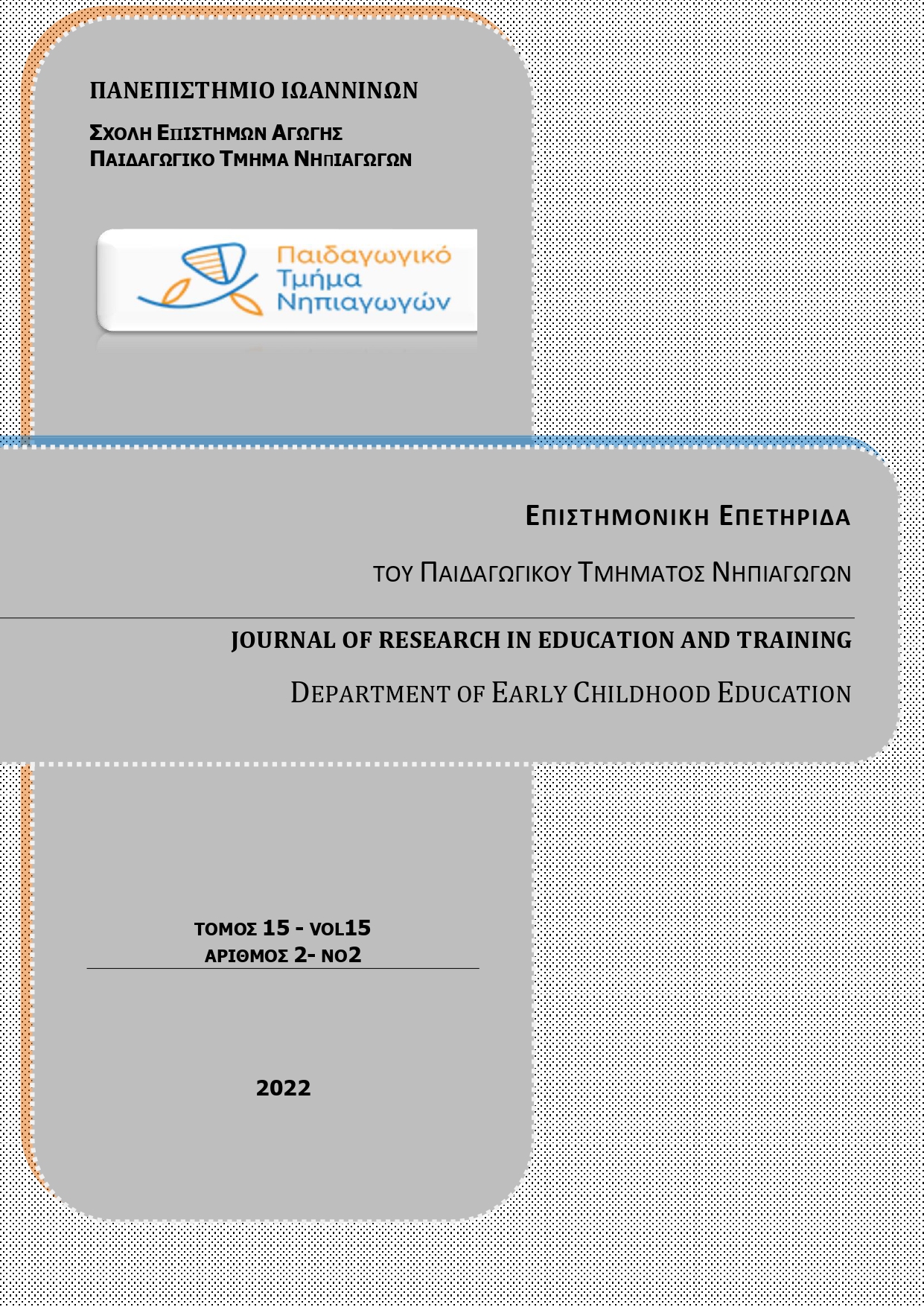Assessment of inference ability in children with Developmental Language Disorder and typically developing peers πιλοτική μελέτη και προκαταρκτικά συμπεράσματα

Abstract
The purpose of this study is to examine whether children with Developmental Language Disorder (DLD) have difficulties in inferencing skills. Thirty children aged 5.1 - 6.5 years participated in the study, of which twenty were typically developing (TD) and ten with DLD. All children were assessed pre-experimentally with standardized and non standardised language tests. The experimental assessment included the administration of a task assessing inference skills, which was comprised of 20 multiple-choice short stories. The stories were presented orally to the children and they had to choose between three possible answers according to the questions they have been asked for. The results showed that the group of children with DLD had significantly lower scores in almost all of the stories (except for two) compared to the TD children. Moreover, statistically significant and strong positive correlation was found between inference skills and sentence repetition skills, which confirms the strong relationship between inference and morphosyntactic skills. It is concluded that children with DLD have difficulties in inference skills, as it is confirmed in the literature. The implications for assessment and intervention are discussed.
Article Details
- How to Cite
-
Kechagia, T., & Talli, I. (2022). Assessment of inference ability in children with Developmental Language Disorder and typically developing peers: πιλοτική μελέτη και προκαταρκτικά συμπεράσματα. Journal of Research in Education and Training, 15(2), 23–47. https://doi.org/10.12681/jret.24209
- Issue
- Vol. 15 No. 2 (2022):
- Section
- Articles

This work is licensed under a Creative Commons Attribution-NonCommercial-ShareAlike 4.0 International License.
Authors who publish with this journal agree to the following terms:
- Authors retain copyright and grant the journal right of first publication with the work simultaneously licensed under a Creative Commons Attribution Non-Commercial License that allows others to share the work with an acknowledgement of the work's authorship and initial publication in this journal.
- Authors are able to enter into separate, additional contractual arrangements for the non-exclusive distribution of the journal's published version of the work (e.g. post it to an institutional repository or publish it in a book), with an acknowledgement of its initial publication in this journal.
- Authors are permitted and encouraged to post their work online (preferably in institutional repositories or on their website) prior to and during the submission process, as it can lead to productive exchanges, as well as earlier and greater citation of published work (See The Effect of Open Access).


